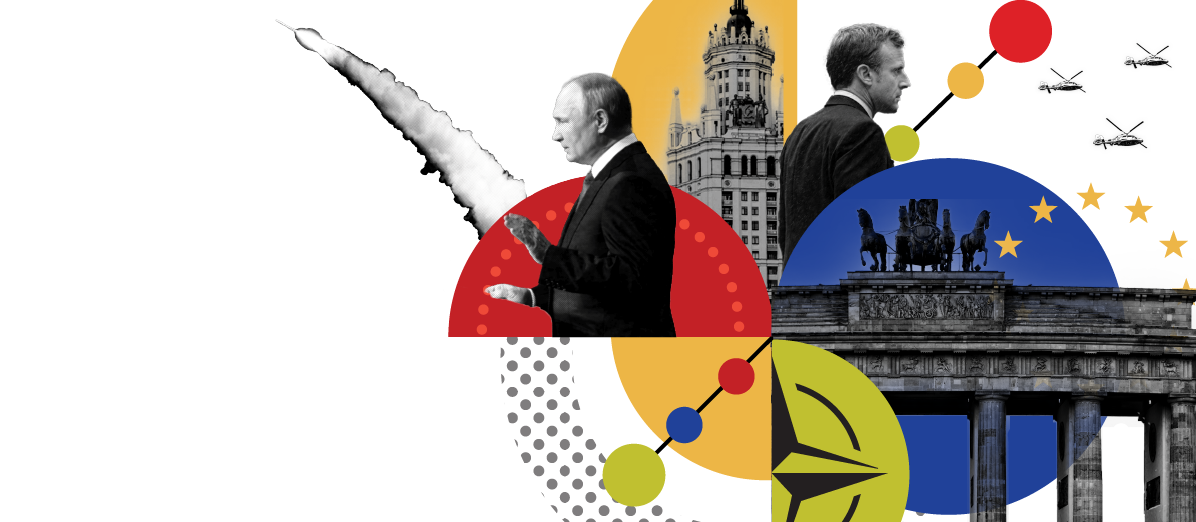A nation must think before it acts.
Access the Winter 2022 issue of Orbis here.
Abstract
Germany’s recent Ostpolitik (Eastern Policy) has become a major topic in Western discussions about how to deal best with Vladimir Putin’s Russia. This essay proceeds from Interdependence Theory to argue that the Berlin-promoted Nord Stream gas pipeline projects are loosening Russian-Ukrainian economic ties, and thereby easing conflict between the two post-Soviet states. Ukraine’s surprisingly peaceful development during its first 20 years as an independent state is contrasted with the escalation of tensions between Moscow and Kyiv in 2013–2014. The completion of the first Nord Stream pipe in October 2012 is seen as a crucial development that untied the Kremlin’s hand vis-à-vis Ukraine. The lowering of Moscow’s dependence on the Ukrainian gas transportation system, due to the new Baltic Sea pipeline, eventually led to a territorial conflict between Ukraine and Russia.




